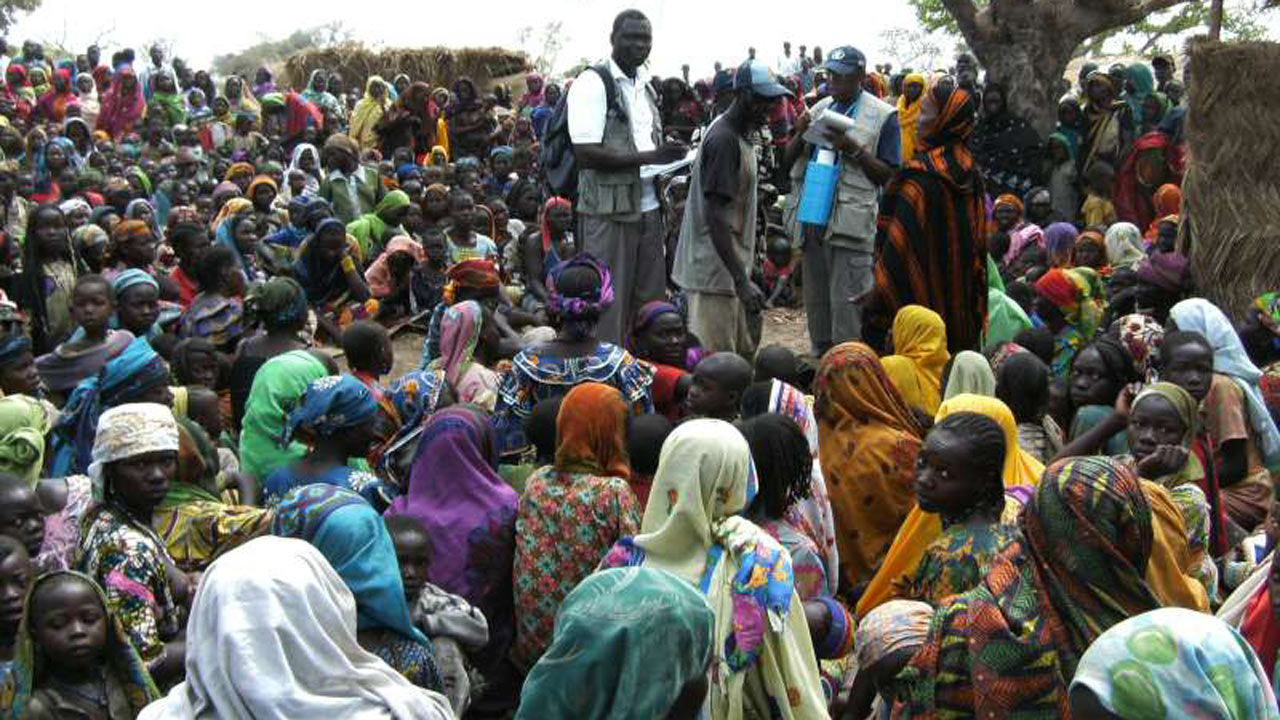 The United Nations High Commission for Refugees (UNHCR) has called on countries surrounding Nigeria, especially Cameroun, to continue to keep their borders open, so as to allow access to territory and asylum procedures to persons fleeing crisis areas in search of safety.
The United Nations High Commission for Refugees (UNHCR) has called on countries surrounding Nigeria, especially Cameroun, to continue to keep their borders open, so as to allow access to territory and asylum procedures to persons fleeing crisis areas in search of safety.
In a press statement yesterday made available to The Guardian in Jalingo, the Taraba State capital, the commission “is concerned by continuing forced return of hundreds of refugees from Cameroun’s far north region to northeastern Nigeria, despite the recent signing of the tripartite agreement.”
The statement, signed by the commission spokesperson, Babar Baloch, UNHCR expressed dismay that in spite of the tripartite agreement, which Cameroun is signatory to, the country “has forcefully returned over 2,600 refugees back to Nigerian border villages against their will this year.
“UNHCR is particularly concerned, as these forced returns have continued unabated after the governments of Nigeria and Cameroun signed a tripartite agreement with UNHCR in Yaounde on March 2 to facilitate the voluntary return of Nigerian refugees when conditions were conducive.”
Citing various instances where refugees were forcefully repatriated, the commission noted that in Borno State, some refugees were rounded up during a military offensive against Boko Haram insurgents in the Mandara Mountains on the Camerounian side of the border and taken in trucks to a camp for displaced people in Banki.
Not comfortable with such development, UNHCR said those returned against their wish, included a one-year-old child and a nine-month pregnant woman, who gave birth the day after her arrival in Banki.
During the chaos, families were separated and some women were forced to leave their young children behind in Cameroun, including a child less than three years old.“Returnees were given food and water by aid agencies and are now settled in the Banki camp for internally displaced people.
“UNHCR staff also recorded about 17 people who claimed to be Camerounian nationals and also reported that they were deported by mistake to Banki.“It is common in this region to find people who lack documentary proof of their nationality,” it noted.
While acknowledging the generosity of the Camerounian Government and local communities, whom the commission said hosted over 85,000 Nigerian refugees, but stressed the need for it to “honour its obligations under international and regional refugee protection instruments, as well as Camerounian law.”
UNHCR emphasised that “forced return of asylum seekers and refugees constitutes a serious violation of the 1951 Refugee Convention and the 1969 OAU Convention, both of which Cameroun has ratified.”
While recognising the legitimate national security concerns of the Cameroun, the commission reminded authorities of the neighboring countries that “refugees are themselves fleeing violence and attacks from Boko Haram and their access to asylum and protection must be ensured.”
It expressed deep concern over the forced returns and sought reassurances from Cameroun about its commitment to the tripartite agreement, adding: “We also hope Camerounian authorities will take the necessary steps to comply with international standards on the right to asylum and protection from refoulement.”



